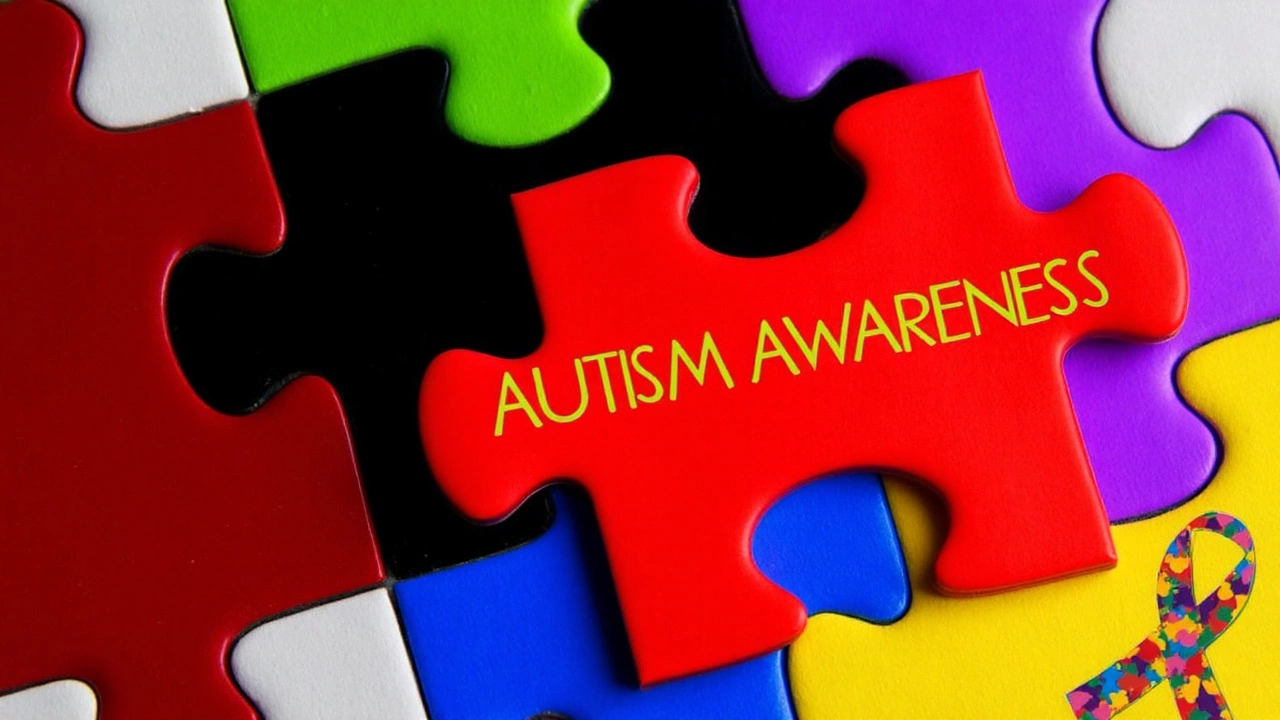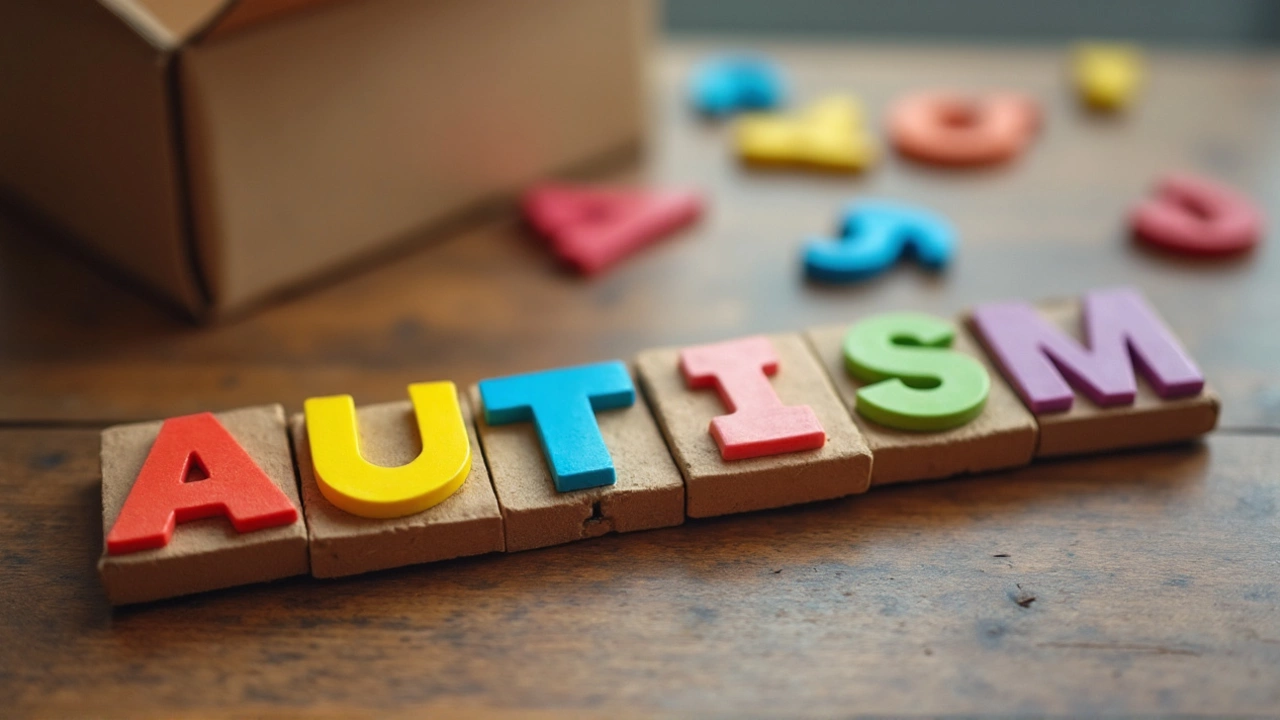World Autism Awareness Day in 2025 put a powerful spotlight on the real-life struggles and triumphs of families advocating for systemic change. Among the many voices, Sarah Johnson stood out, sharing the personal journey she and her autistic children have been on. Her plea echoed through various discussions: the system must celebrate and include autistic individuals for who they are, rather than trying to fit them into a 'normal' mold.
A Call for Inclusive Policies
Parents like Johnson have been vocal about the barriers they face in education and healthcare systems. They contend with unnecessary delays in diagnoses, inadequate support structures within schools, and, perhaps most damaging, a pervasive societal stigma that misinterprets autism as a flaw rather than a difference. Johnson’s poignant words during a panel discussion captured the collective frustration and hope, urging a system-wide shift to meet the genuine needs of their children.
Understanding autism through the lens of neurodiversity means seeing it not as a condition to be corrected, but as a different way of experiencing the world. Dr. Elena Martinez, a notable neurodiversity specialist, added her voice to this narrative by emphasizing the need to honor autistic traits rather than pathologize them. By doing so, families like the Johnsons wouldn’t have to wage constant battles to secure basic accommodations that should ideally be part of the standard practice in schools and other institutions.
The discussion also highlighted the broader challenges families face, such as the intricate web of bureaucracy surrounding access to therapies and interventions. These systemic challenges often leave families feeling isolated and exhausted, constantly fighting to ensure their children get the support they deserve.

Global and Local Efforts Toward Change
Around the world, efforts are being made to align neurodiversity initiatives with larger goals such as the United Nations' Sustainable Development Goals (SDGs). This year, the UN emphasized the importance of linking neurodiversity to these goals, suggesting that inclusive approaches are critical for genuine sustainable development.
Locally, there’s a growing momentum as organizations and schools increasingly adopt sensory-friendly environments. Schools are taking proactive steps by creating classrooms that accommodate sensory needs, while workplaces are engaging in autism-friendly training programs, making strides towards more inclusive environments. These initiatives demonstrate that change is possible and that communities are willing to adapt for the better.
Finally, Johnson's message to policymakers was clear: recognize and value the unique perspectives of autistic individuals. She called for equitable access to resources that would allow autistic children to thrive not just as versions of 'normal,' but as their authentic selves, fully integrated and valued in society. The stories and discussions from World Autism Awareness Day serve as powerful reminders that change starts with understanding and acceptance, leading to genuine systemic improvements.
